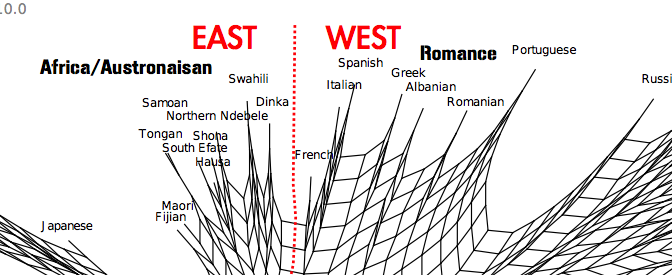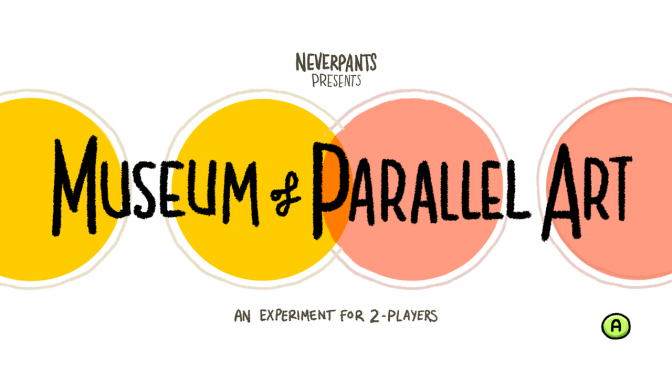The Color Game: Challenges for App projects
Over at ICCI are a couple of blog posts by Olivier Morin about project I’m involved in, the Color Game. The first post provides an introduction to the app and how it will contribute to research on language and communication. And, as I mentioned on Twitter, the second blog post highlights one of the Color … Continue reading “The Color Game: Challenges for App projects”




